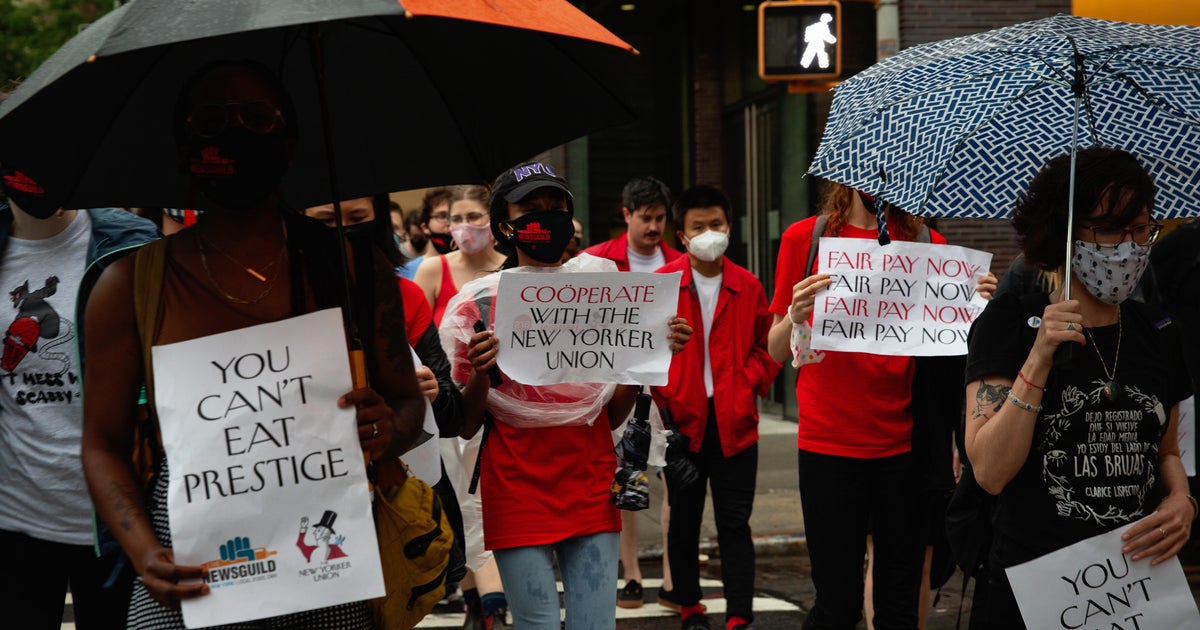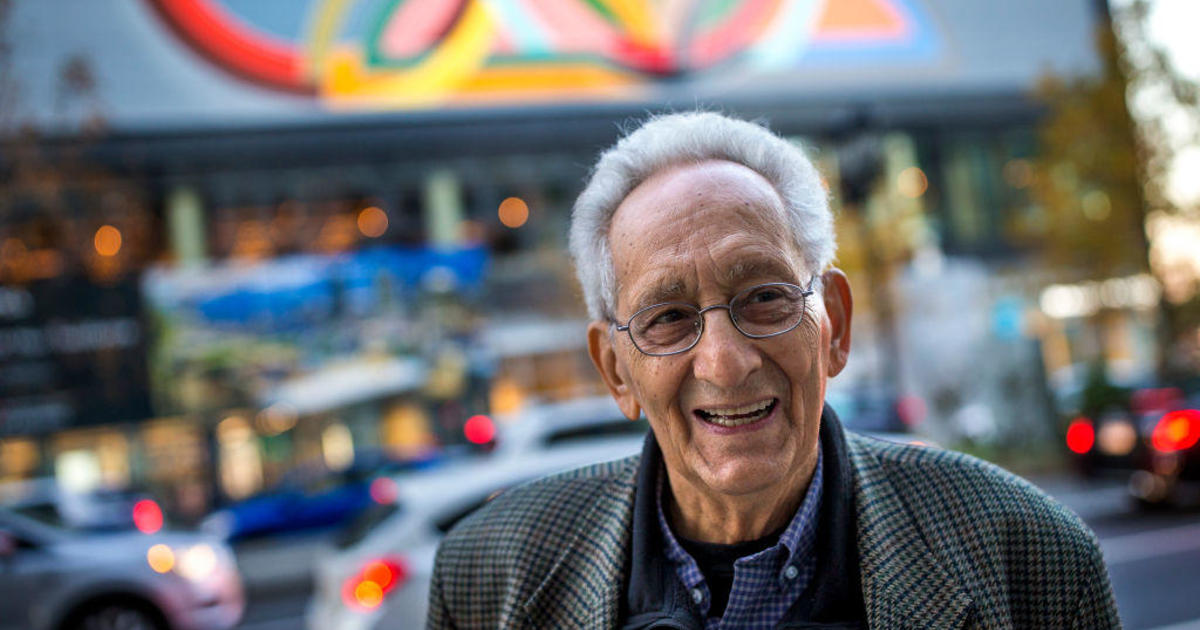Why so many Americans hate their jobs
With the U.S. economy on solid footing, American workers may be feeling better about their career prospects, but most aren’t thrilled with their actual jobs. In fact, two-thirds are disengaged at work, or worse, according to a new Gallup study on the American workplace.
Of the country’s approximately 100 million full-time employees, 51 percent aren’t engaged at work -- meaning they feel no real connection to their jobs, and thus they tend to do the bare minimum.
Another 16 percent are “actively disengaged” -- they resent their jobs, tend to gripe to co-workers and drag down office morale as a result. These proverbial Debbie Downers are disgruntled about the direction of their companies, feel their needs aren’t being met at work and don’t fully understand what’s expected of them.
“They feel negative about work and the workplace, and are doing more harm than good when they come to work,” said James Harter, chief scientist for workplace management at Gallup, a polling and management consulting firm.
What’s the cause of our collective malaise on the job? Surprisingly, it has little to do with the fact that Americans are working harder than ever and haven’t seen a meaningful raise in quite some time, as measured by inflation-adjusted wage growth.
“There’s only a slight relationship between macroeconomic trends and employee engagement,” explained Harter.
As it turns out, if you’re unhappy at work, your boss may be mostly to blame. Through no fault of their own, many supervisors are ill-equipped to manage people and all their idiosyncrasies, said Harter. That’s because of the way employees typically rise to positions of power within organizations.
Companies tend to hire people for supervisory roles based on tenure and success in previous jobs, which may not have entailed managing people, said Harder. Engineers, for instance, may shine at what they do, but may be lacking in the leadership department. The solution for many employers is to rethink their hiring and promotion practices and offer management-training programs, said Harter.
Employees can do a lot of things to increase their engagement, such as identifying their strengths and finding work that mostly aligns with those, he added. But whether employees feel engaged at work hinges largely on how their managers behave on a day-to-day basis, said Harter.
Not surprisingly, companies with lots of unhappy employees pay a price in terms of absenteeism, turnover, productivity, customer service and even internal theft, otherwise known as shrinkage. A recent Gallup study found that publicly traded firms that follow employee-engagement best practices outperformed their competitors, as measured by earnings per share, over the four-year period ending in 2015.
Corporate America may be starting to come to terms with its employee-engagement problem. For instance, Accenture (ACN), Cargill, General Electric (GE) and other big employers are abandoning the oft-dreaded annual performance review in favor of frequent, less-formal “check-ins” between managers and workers. Yearly reviews often leave employees feeling less motivated, while “check-ins” allow for regular give and take and may be geared toward coaching and advice.
Fueling such changes is a desire by employers to recruit and retain millennials, who Harter said tend to have different expectations than previous generations when it comes to work. More than one in three American workers are millennials, and in 2015 millennials surpassed Gen X to become the largest share of the U.S. labor force, according to the Pew Research Center.
Millennials, said Harter, want jobs that allow them to “do what they do best,” grow professionally and offer a sense of purpose, among other things. Higher pay tends to be a secondary consideration for them when deciding whether to change jobs, he added.
“We have a new breed of workers with different expectations than boomers,” said Harter. He added, “They’re seeking a career, not just a job.”



